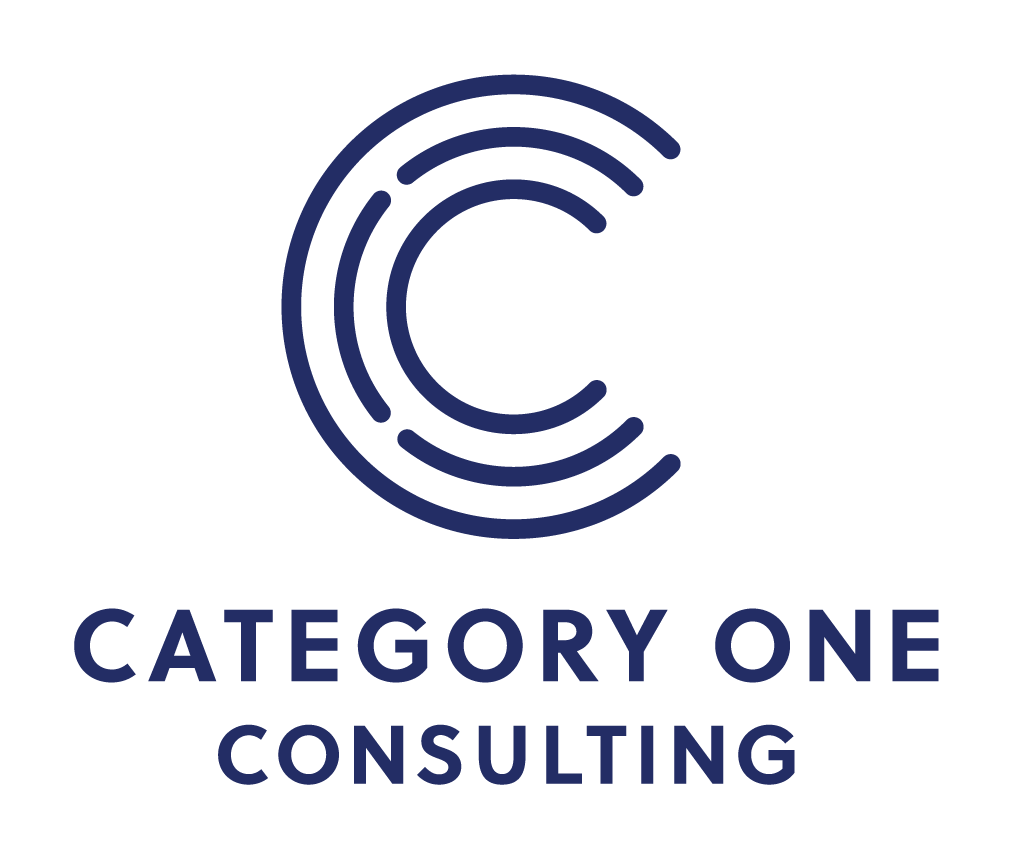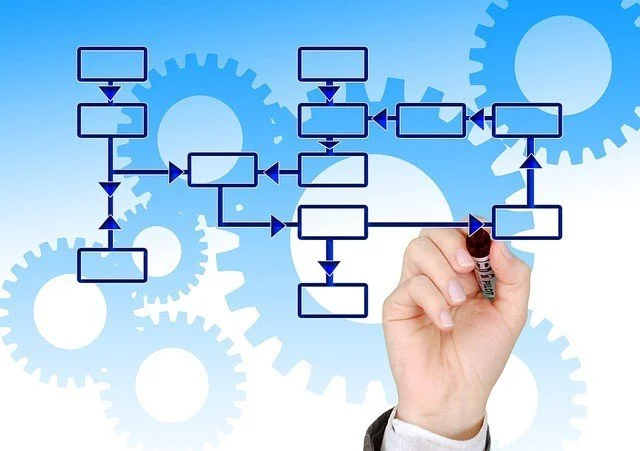Program Evaluation: Why is It Important and When is It Needed?
Program evaluation is a systematic process of data collection and analysis intended to assess the design, implementation, or impact of a program, project, or policy. Conducting a program evaluation can be useful if you want to know the answer to any of the following questions:
The reality is that any program, policy, or project that requires the input of finite resources like funding or labor ought to be evaluated.
Is the program being implemented as intended? The first step in understanding whether a program works is ensuring that it is being carried out as intended. It’s also critical to know if the program is being implemented consistently across locations, timepoints, or program personnel. This kind of information will be critical to explaining why a program is or is not achieving its desired outcomes.
Is the program operating as effectively and efficiently as possible? A program’s success or failure is not simply a matter of whether it is achieving its desired outcomes. It’s also important to ensure that a program is making the most of its available resources. Information obtained via program evaluation can be extremely useful for identifying program adjustments that are needed to maximize effectiveness and efficiency.
Is the program resulting in its intended outcomes and objectives? At the end of the day, this is often the question that matters most for stakeholders and other interested parties. A rigorous program evaluation is one of the best ways to show the impact of program, policy, or project. Indeed, this is why most program evaluations are conducted in the first place.
Is the program having any unintended consequences? Sometimes programs have consequences that were not intended when the program was initially developed. These unintended consequences can be both positive and negative. Program evaluations can alert you to adjustments that are needed to avoid negative unintended consequences, and they can also help shine a light on the positive ones.
Does the value of the program justify its cost? Program stakeholders, especially funders, will often want to know if they are getting an adequate return on their investment (ROI). In other words, it’s not enough to simply show impact, it’s also important to show that the resulting impact justifies the costs of the program, project, or policy. Program evaluations can be designed to include an ROI component in addition to assessing program implementation and impact.
Given all the important questions that can be answered via program evaluation, one might think that programs, policies, or initiatives should be evaluated continuously. Indeed, some type of continuous program monitoring makes sense in most cases, but true evaluations require significant investments of both time and money. Thus, it’s important to know when conducting a program evaluation is necessary. Some of the most important times to conduct a program evaluation include the following:
When launching a new program. One of the most critical times to conduct a program evaluation is when launching a new program. By conducting a program evaluation during program launch, one can assess both the implementation of the new program and its impact. The information provided by a program evaluation can be extremely useful as the details surrounding a new program are being ironed out. In addition, thinking about how a program’s success will be measured can help to inform the program’s design.
When making changes to an existing program. Any time changes are being made to a program, it’s important to evaluate the implementation of those changes and their resulting impact. Further, a program evaluation might be needed if the program’s target population has changed substantially.
Every 3 to 5 years. Over time, small changes to the way programs are carried out can occur, and these changes often go unnoticed. The environment in which the program operates is also likely to change over time. It makes sense to conduct a program evaluation every 3 to 5 years to ensure that these changes haven’t substantially altered the way the program is being implemented or the impact that it is having.
When a funder or other governing entity requires it. Funders may request that a program evaluation be conducted as a condition for continued funding. Further, boards or organization leaders faced with limited resources may request an evaluation to justify continued investment in a program. Ideally, this information is readily available because the program has been evaluated continuously at program launch, following major changes, and every 3 to 5 years thereafter. Unfortunately, many organizations put off program evaluation until the program’s continued existence depends on it.
Remember, evaluation isn’t just about proving to others that what you’re doing works, it’s also about being the best you can be. The reality is that any program, policy, or project that requires the input of finite resources like funding or labor ought to be evaluated to ensure that those resources are being utilized in the most effective manner possible. Highly effective organizations consistently evaluate their programs, policies, and projects, and you should too.
If you have questions about program evaluation or would like help evaluating your organization’s programs, policies, or projects, feel free to reach out!

